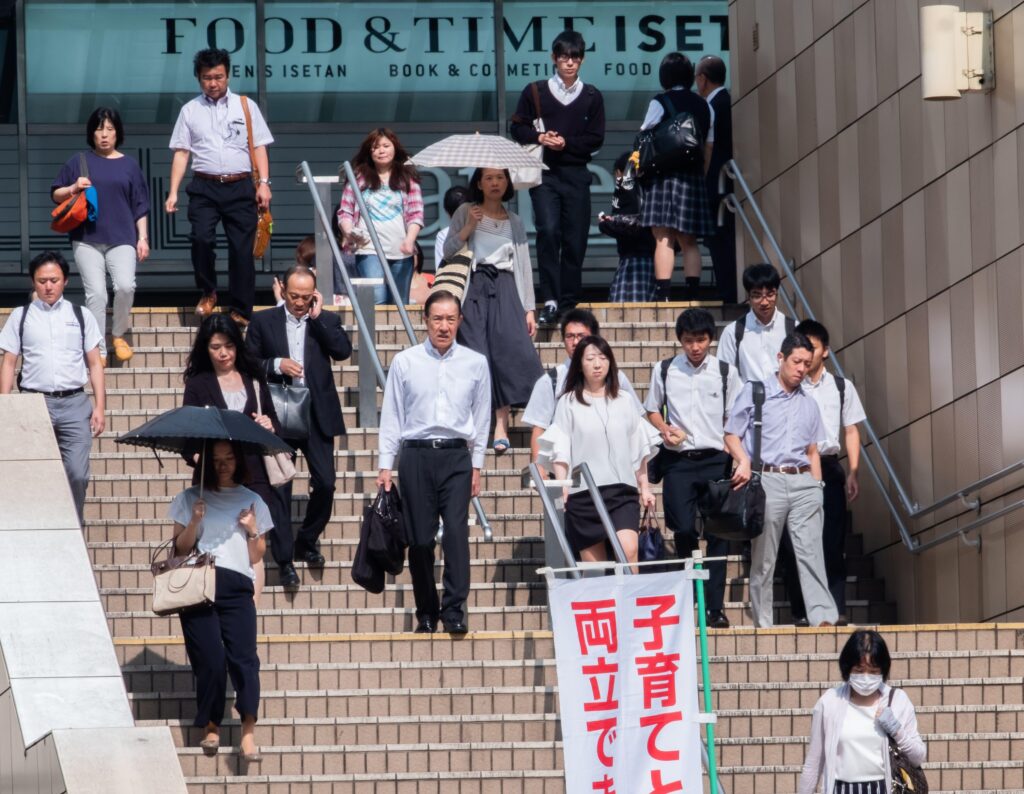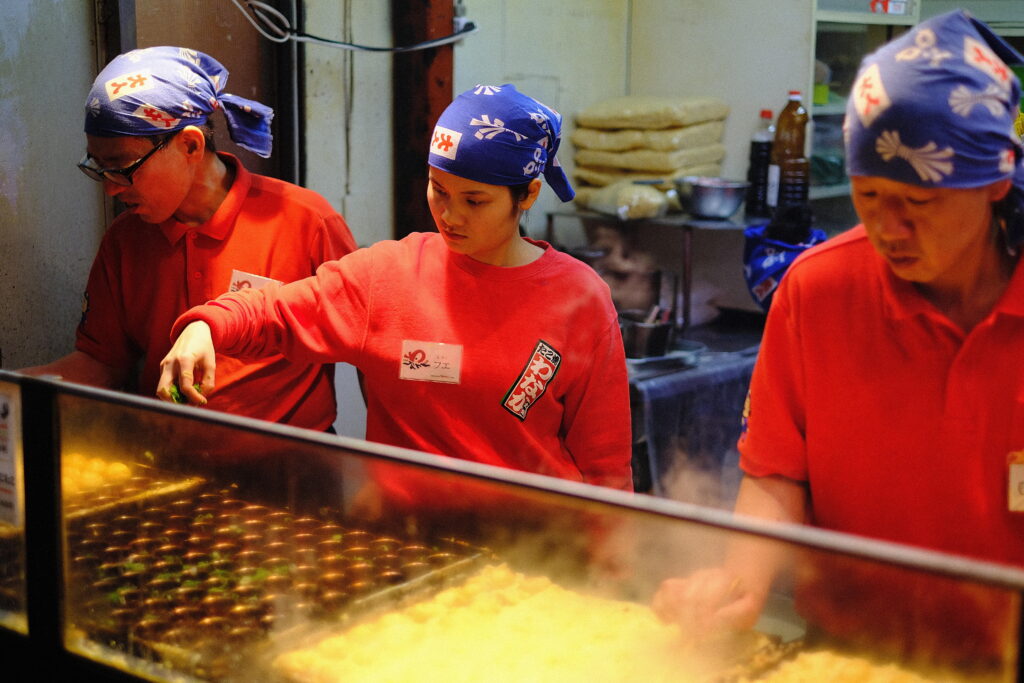
(Source from Reuters/Alamy)Japan has been reversed by South Korea in the real and minimum wage sectors, and nominal wages are also likely to be caught up soon, according to an analysis.
As Japan’s wage stagnation continued for decades, the gap with South Korea, which was more than twice as different from about 20 years ago, has disappeared, and it has been a long time since the wage levels of the two countries have changed.
Japan’s leading right-wing journalist Sankei Shimbun reported on the 11th that Korea’s real wage has already surpassed Japan in 2013 and is 10% higher as of last year,
citing average dollar deposit statistics based on the OECD’s purchasing power evaluation.
The OECD’s purchasing power evaluation statistics refer to real wages excluding the effects of price fluctuations, and are different from nominal wages expressed in monetary units.
In the case of nominal wages, Japan is still slightly ahead, but the prevailing interpretation is that it will be reversed soon.
Sankei pointed out that the gap between the two countries was more than doubled in 2001 when the nominal wage per capita was converted into dollars for Japan at 37,165 dollars and Korea at 15,736 dollars, but it has become almost the same recently.
It also diagnosed that Japan is slightly higher in terms of the recent exchange rate, but it is not strange to be reversed at any time.
The minimum wage as well as the real wage is high in Korea. Korea’s minimum wage in 2023 is 976 yen (9,620 won), while Japan’s minimum wage in 2022 (average of the nation) is 961 yen.
In Korea, there is also a weekly holiday allowance that requires an additional day’s allowance to employees who work 15 hours a week.
If the weekly holiday allowance is added together, Korea’s expected minimum wage will soar to 1,173 yen (about 11,544 won) as of 2023.
This exceeds Tokyo, which has the highest minimum wage in Japan (1072 yen as of 2022).

(Source from Reuters/Alamy)The wage reversal between the two countries is due to the fact that Japan’s average wage has not increased over the past 30 years.
Sankei pointed out that the wage ranking, which used to be the top among advanced countries in the past, has now fallen to the bottom.
Japan’s unique employment practices, such as low corporate productivity and lifetime employment, are mentioned as the background of the long-term stagnant wages.
In addition to wages, Korea’s reversal of Japan was notable in areas such as nominal GDP per capita,
the national competitiveness ranking of the Swiss Institute for International Management Development (IMD), and the credit rating of government bonds.
Sankei saw that the problem of “cheap Japan,” where wages and goods prices are too cheap, should be solved as soon as possible.
SOPHIA KIM
ASIA JOURNAL

